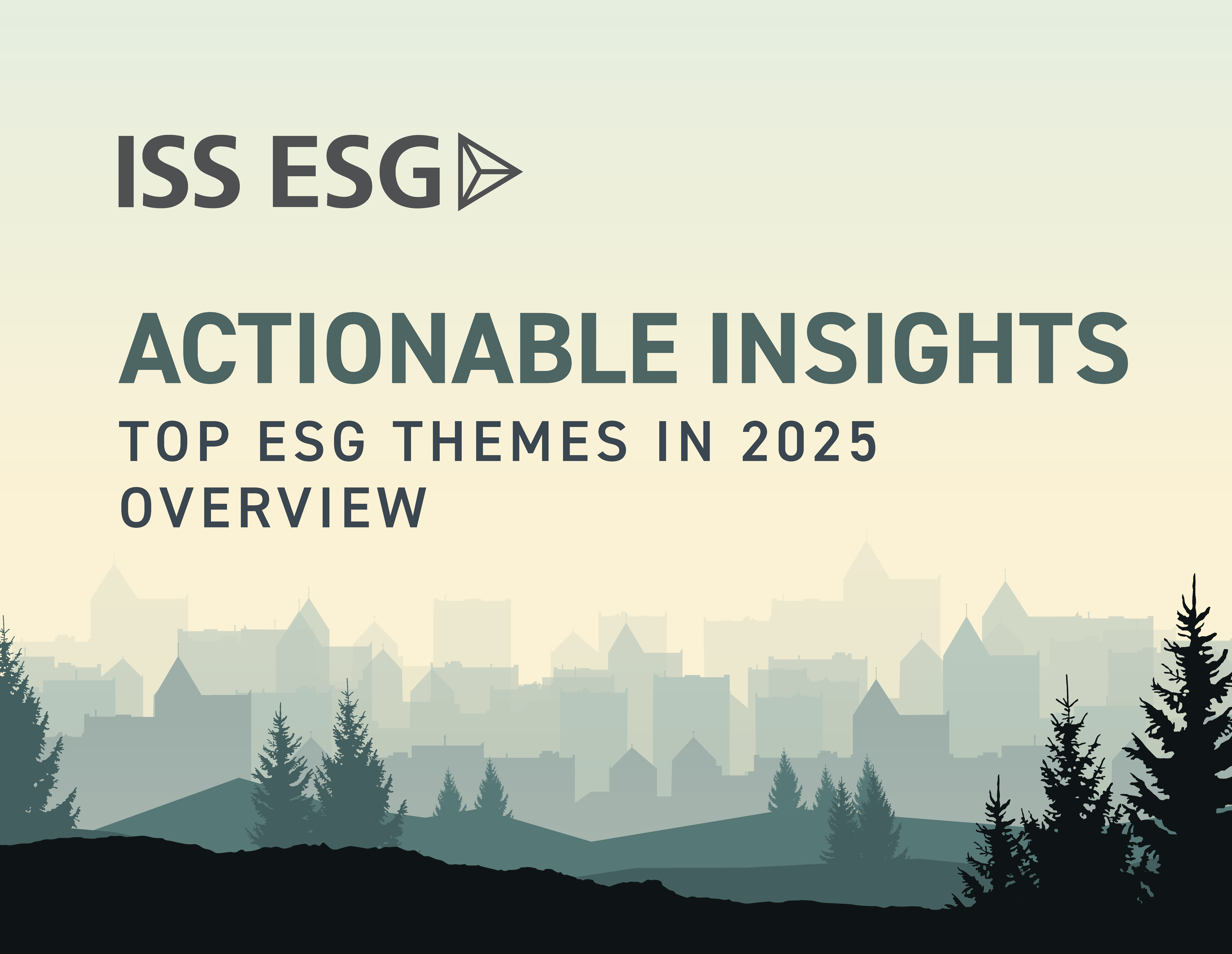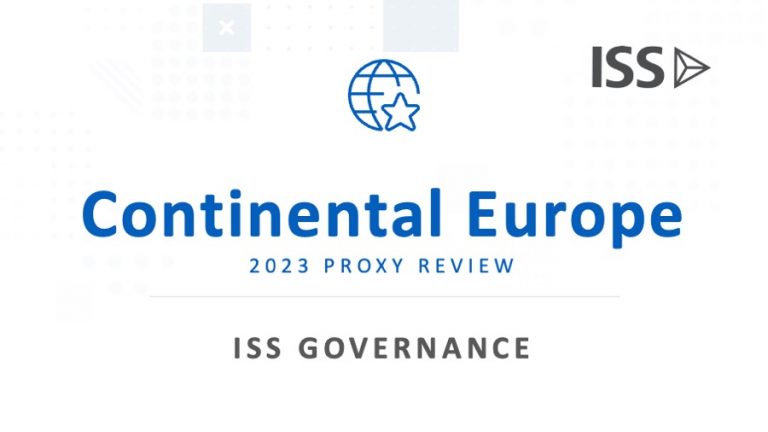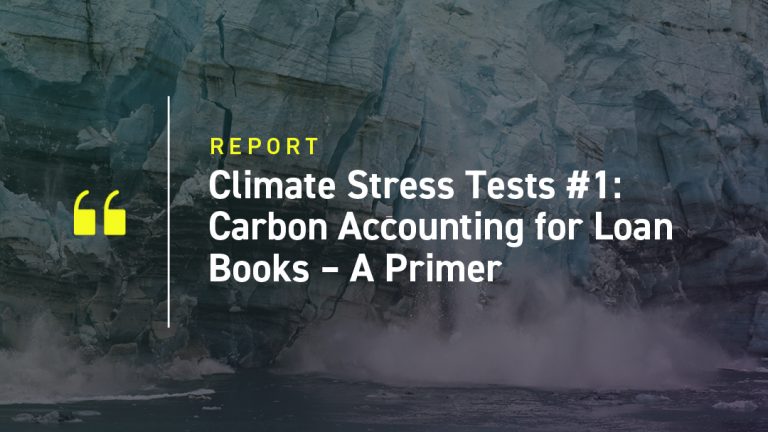Below is an overview of the recently released ISS ESG annual global outlook report, Actionable Insights: Top ESG Themes in 2025. To download a copy of the full report, please click here.
Overview
A review of global issues likely to influence ESG investing in 2025 reveals two related trends. First, despite some expected headwinds in the United States, global supervisory authorities are moving from articulating ESG principles to making such principles mandatory through regulation. Second, protecting the environment and mitigating climate change is set to remain at the top of the agenda for many stakeholders, due to various rising physical, transition, and systemic risks. Both trends suggest further pressure on companies and investors to continue to improve their environmental and social performance.
The expansion of mandatory ESG standards is apparent in national and regional regulation, such as the European Corporate Sustainability Due Diligence Directive and the EU Forced Labor regulation, that is meant to uphold corporate due diligence duties related to human rights impacts. Regulators are also taking action against companies engaged in “greenwashing,” that is, making misleading sustainability-related claims.
Another expanding area for regulation is curbing the environmental and health impacts of plastics. UN Member States are in the process of negotiating an international legally binding treaty to address plastic pollution. The Treaty could enhance corporate accountability for safe and environmentally sound plastics management and increase regulatory, reputational, financial, and litigation risks for companies tied to plastic pollution.
The impact of Artificial Intelligence (AI) technologies illustrates how ESG goals are evolving. Such technologies consume considerable energy: generative AI and cryptocurrencies could drive data centre consumption of electricity to more than 1,000 TWh by 2026. As curbing greenhouse gas emissions remains a challenge for the Magnificent 7 technology companies, despite their efforts to align with Net Zero, mitigation measures may become more ambitious in the future.
Given current environmental concerns, a new approach to ESG issues that may be useful is to draw on the Planetary Boundaries Framework (PBF). The PBF provides an expansive view of the interactions among Earth’s climate, land, and water systems. While this framework cannot be directly applied to specific companies, indicators such as a company’s approach to freshwater use can serve as proxies for assessing that company.
As both regulation and concerns about companies’ environmental impact expands, data on corporate ESG performance and related ESG indicators may assist investors in discerning current risks and opportunities. As Actionable Insights: Top ESG Themes in 2025 details, ISS ESG solutions can support investors in this process.
Explore ISS ESG solutions mentioned in this report:
- Identify ESG risks and seize investment opportunities with the ISS ESG Corporate Rating.
- Assess companies’ adherence to international norms on human rights, labor standards, environmental protection and anti-corruption using ISS ESG Norm-Based Research.
- Identify, evaluate and act on modern slavery risks and their impact on investments with the Modern Slavery Scorecard.
By:
Andres Del Gallego, Senior Associate, Corporate Ratings Research, ISS ESG
Tejaswi Chunduri, Associate, Corporate Ratings Research, ISS ESG
Liliana Picchi Cappuccelli, Analyst, Screening & Controversies Research, ISS ESG
Clarissa Persico, Freshwater and Oceans Lead, Natural Capital Research Institute, ISS ESG
Andrew Taylor-Kerr, ESG Associate, Consumer Sector, ISS ESG
Shashank Hariharnath Tripathi, Methodology Analyst, ISS ESG
Joe Arns, CFA, Global Head of Strategy & Scalability for ESG Research, ISS ESG
Candice Coppere, Associate Director, Climate & Nature Innovation Lab, Global Head of Climate & Nature Innovation Lab, ISS ESG
Avleen Kaur, ESG Research Sector Head for Technology, Media, and Telecommunications, ISS ESG
Lisa Häuser, Vice President, Corporate Ratings Research, Consumer Sector, ISS ESG
Roberta Amoriello, Senior Associate, Corporate Ratings Research, Energy, Materials, & Utilities Sectors, ISS ESG
Héctor Páez, Team Lead, ESG Methodology – Regulatory Solutions and Fixed Income, ISS ESG
Kristina Rüter, Global Head of ESG Methodology, ISS ESG




